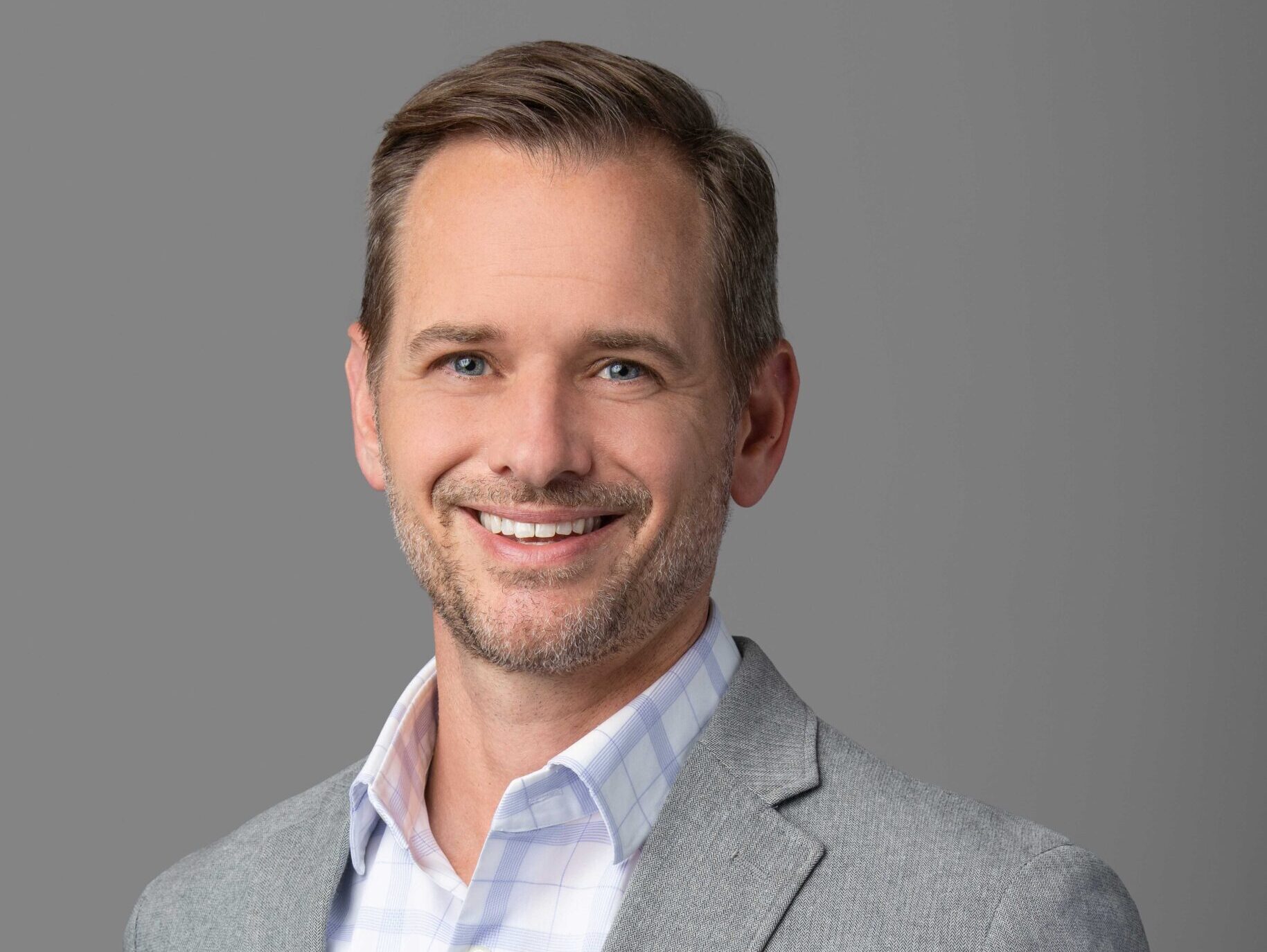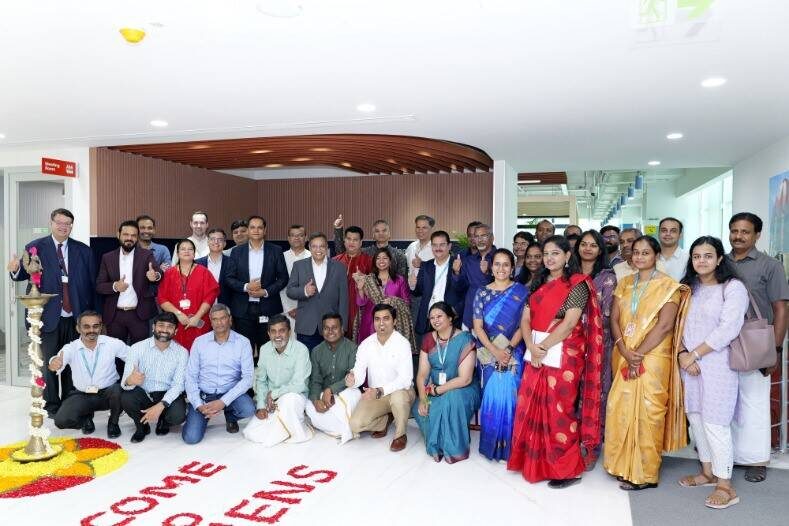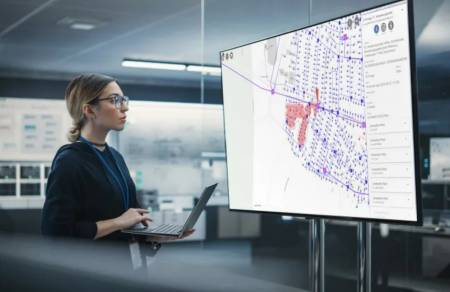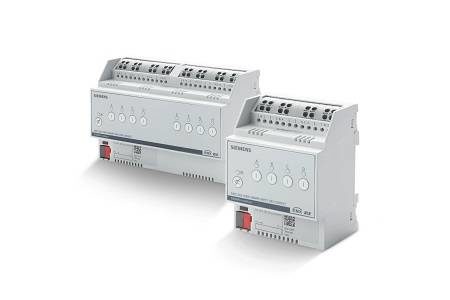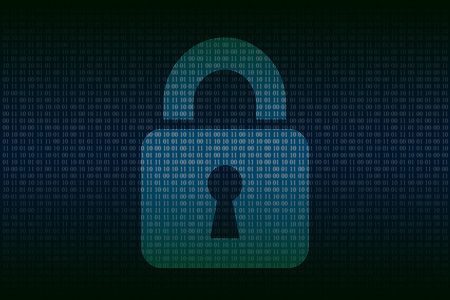 Twenty percent of companies employing more than 1000 people do not have a plan that ensures the continuity of the business after a disaster. Among companies with ten or fewer employees this figure rises to 80 percent. These are the findings of a representative survey by Siemens Nederland. It is noteworthy here that almost 60% of these same large companies believe they should do (even) more to guarantee their continuity, whereas the same percentage of small companies don’t feel this is necessary.
Twenty percent of companies employing more than 1000 people do not have a plan that ensures the continuity of the business after a disaster. Among companies with ten or fewer employees this figure rises to 80 percent. These are the findings of a representative survey by Siemens Nederland. It is noteworthy here that almost 60% of these same large companies believe they should do (even) more to guarantee their continuity, whereas the same percentage of small companies don’t feel this is necessary.
Siemens Building Technologies surveyed the managements of building and infrastructure technology users in the Netherlands regarding how they structure and plan their approach to business continuity. Conclusion: the bigger the business, the more attention it pays to business continuity. There are also differences between sectors. A high-risk sector such as aviation says that nothing more needs to be done to increase business continuity. This is in sharp contrast to petrochemicals where 80% feel that more should be done, a figure that rises to 100% in defense and transport & logistics.
Production process taken seriously
Besides IT security (the highest score), fire safety and access security, climate management also scores highly on the scale of business continuity when it comes to building-related technology. Sometimes even higher than security, particularly in the case of 1000+ businesses. Examples of these are data centers, operating rooms and cleanrooms. For businesses of whatever size, protecting the production process is taken more seriously than protecting assets and image.Protecting the image takes a low priority in most sectors. This is remarkable when we consider that companies and brands invest a lot of money in a trustworthy image.
Distinctive capability
An interesting question is how far businesses can make the difference for their customers by protecting their own business and production processes. Especially because it seems the focus on the corporate image does not take priority. In particular 1000+ companies feel they can use business continuity to differentiate themselves from other suppliers in customers’ experience. In doing so they are implicitly stating that they can make a dependable contribution to the success of their organization.
Sufficiently familiar with risks?
Organizations feel they are well aware of current and changing risks in their sector, say two-thirds of respondents. Given that risks in society today are more difficult to pinpoint as a result of complexity and interdependence, this seems very high. Only one quarter appears ‘to know that there are things they don’t know’. When asked where the necessary information should come from, more than half cited not just experts and suppliers, but also the government, as the source. In a time of deregulation and shifting responsibilities this is an interesting piece of information.
What’s the cost of downtime?
Almost half of respondents, regardless of the size of the business, are unable to answer the question: ‘Can you estimate the costs per day of downtime for your organization?’. Aside from considerations regarding protection of assets, safety of employees and image, the answer is important when considering measures and investments to guarantee business continuity. One in ten organizations states that one day of downtime would cost more than 1 million euros.
Conclusion
“I find that business continuity may exist in larger businesses and organizations in particular, but that far from all respondents are fully familiar with how you should guarantee proper business continuity”, says Koen Bogers, director of Siemens Building Technologies. “And there is little awareness of the financial consequences or damage to image of a disruption to the working processes. It is very evident that small organizations attach appreciably less value to this topic, although the relative impact can be just as great. And I think this is alarming. Although there is no focus on image, there is a clear signal that organizations can differentiate themselves from the competition in this respect in the eyes of the customer and so can become more attractive as a business partner. Not just a management system which focuses on safety and security, but also a customized service strategy, can make a major and positive contribution to fleshing out a business continuity plan.”
Full report, responsibility and conclusions
The full report about business continuity, including responsibility for the survey and the
conclusions, can be requested from the Siemens Building Technologies site in The Hague:
www.siemens.nl/BCMsurvey




